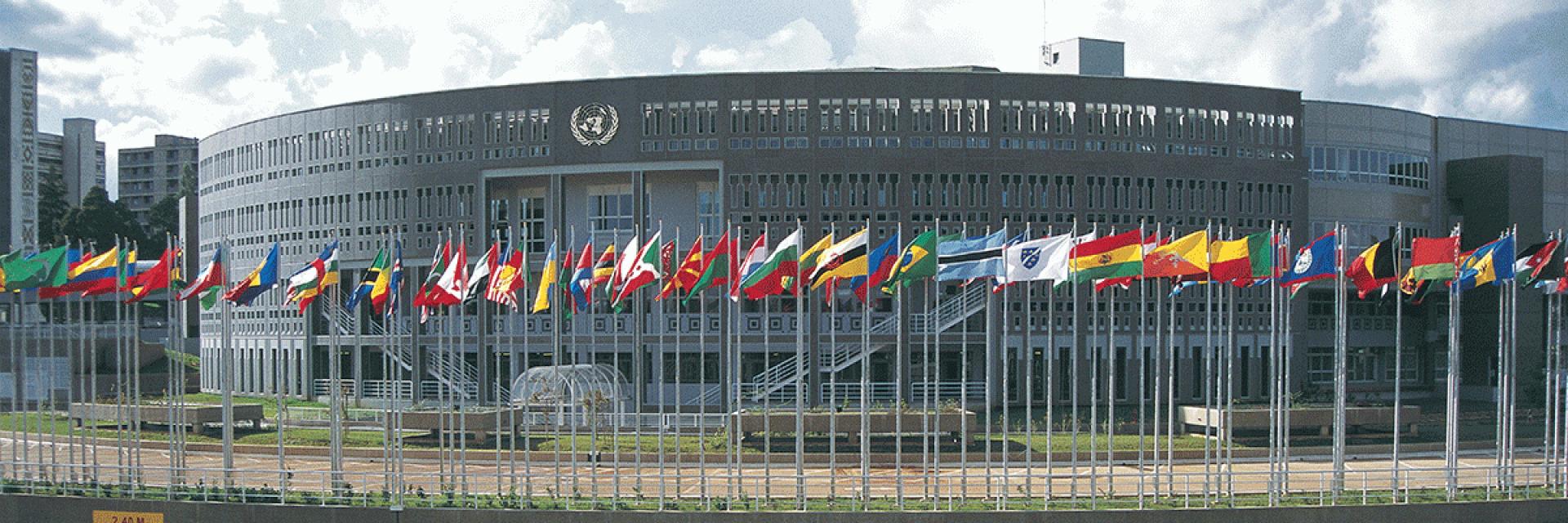Context
The Climate Policy Laboratory of The Fletcher School at Tufts University and the African Climate Policy Centre (ACPC) of the United Nations Economic Commission for Africa are proposing a side event at the 8th session of the Africa Regional Forum on Sustainable Development on the topic of “Leveraging climate research partnerships for resilient development planning and implementation of the SDGs in Africa”.
Africa, which is 17 percent of the global population and accounts less than 4 percent of global emissions, is the region impacted the most by climate change and has a very low adaptive capacity to build resilience. Climate change is causing the continent on average 5 percent loss of GDP and many governments are spending, unplanned, significant amounts of their budgets to respond to extreme weather events caused by climate change. The COVID-19 pandemic has worsened the situation by significantly reducing the fiscal space of African countries and increasing the debt vulnerability of those countries at a time when significant investments need to be made to recover from the pandemic. This has huge implications on the attainment of the SDGs and the development aspirations of Agenda 2063 on the continent, where many countries before the pandemic were either stagnating or indeed regressing on progress with the SDGs. These challenges to the attainment of the SDGs and Agenda 2063 cannot be adequately addressed without addressing climate change. Many governments identify climate policies as a tool for ensuring a more sustainable and prosperous development pathway. However, it is important to clarify and articulate the development co-benefits and potential trade-offs of different climate policies, recognizing that this analysis is central to the decision-making of policymakers. In this regard, climate research partnerships, knowledge sharing and support for capacity enhancement for policy makers are critical.
In 2013, at the Africa Climate Change Conference that held in Arusha, Tanzania, African climate scientists, policy makers, climate services providers, and development partners recommended the establishment of an African-owned and African-led climate research partnership programme to strengthen the links between climate science research and climate information needs in support development planning on the continent. This resulted in the establishment of the Climate Research for Development (CR4D) programme as partnership between the African Climate Policy Center (ACPC) of United Nations Economic Commission for Africa (ECA), the African Ministerial Conference on Meteorology (AMCOMET), the World Meteorological Organization (WMO), and the Global Framework for Climate Services (GFCS). CR4D became fully operational in 2015 with initial funding from the UK FCDO under the Weather and Climate Information Services (WISER) programme that was being implemented by ACPC and the UK Met Office. The first phase of CR4D, implemented in partnership with the African Academy of Science, completed in 2021 with 21 grantees supported to carry out research on climate change and development covering various areas such as health, energy, food security, and community resilience, among others. This has demonstrated the power of research partnerships in support of sustainable development. Resource and the expansion of the partnership are new ongoing for the second phase of the programme that is envisaged to scale up and at speed the lessons learned from the first phase to support the 2030 Agenda for Sustainable Development in Africa and Africa’s Agenda 2063.

